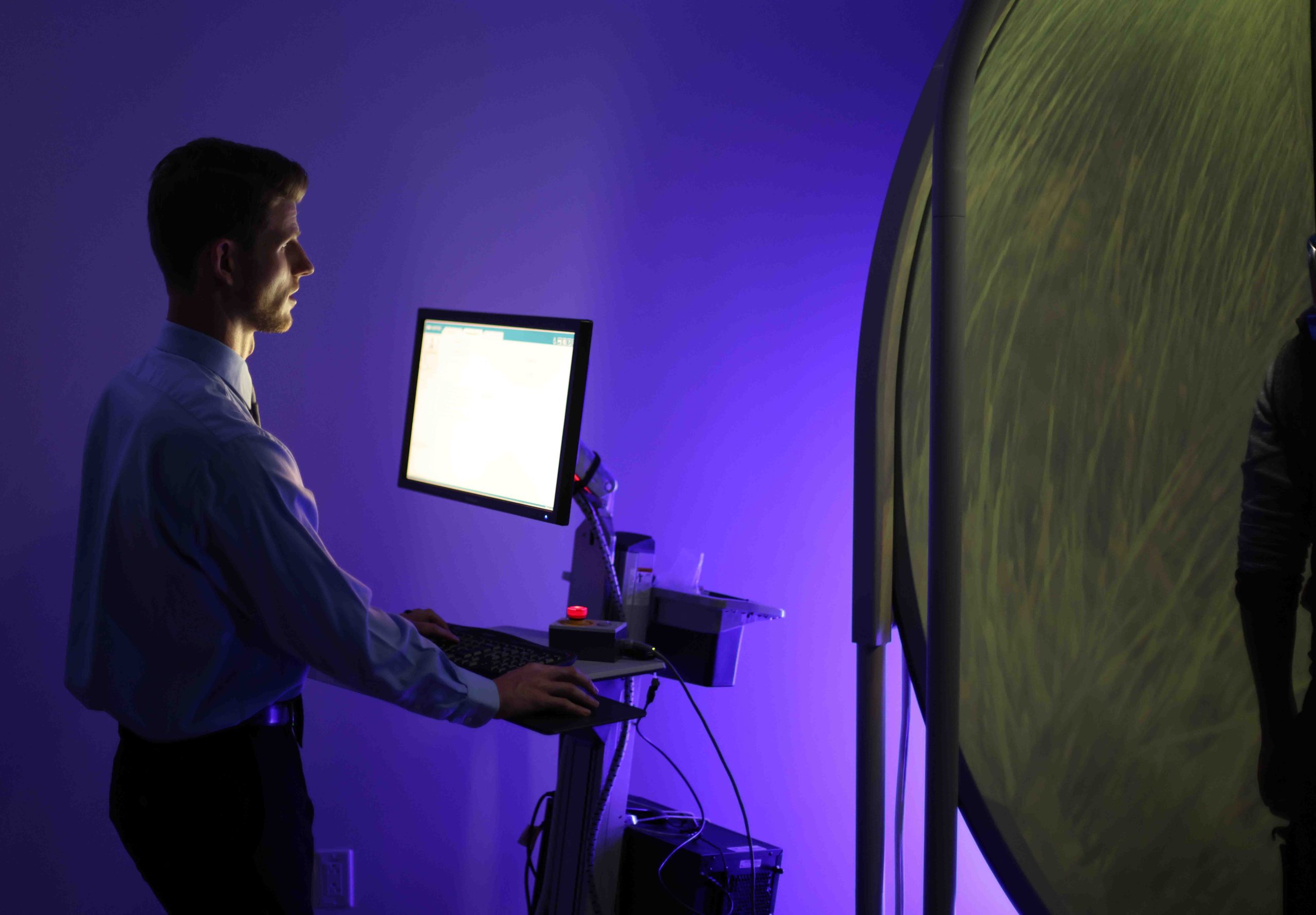The human brain is often considered one of the most complex and enigmatic structures in the known universe. It is the command center for all our thoughts, actions, and emotions. Understanding its intricacies is a fundamental challenge in the field of neuroscience. This is where neurodiagnostics, a critical branch of medical science, comes into play.
In this blog, we will explore the importance of neurodiagnostics and how it plays a crucial role in unlocking the mysteries of the brain.
What Are Neurodiagnostics?
Neurodiagnostics are a multidisciplinary field that encompasses various techniques and methods for assessing the structure and function of the nervous system, particularly the brain. It involves the use of advanced tools and technologies to diagnose and monitor neurological disorders, as well as to understand the normal functioning of the brain. The primary goals of neurodiagnostics include early disease detection, precise localization of abnormalities, and tracking the progression of neurological conditions.
Some of the neurodiagnostic tests that we have here at Parker Performance Institute include the following:
- Electromyography
- Nerve Conduction Velocity
- Electroencephalogram
- Diagnostic Ultrasound for Brain
- Cognitive testing.
The Importance of Neurodiagnostics
Early Detection of Neurological Disorders:
Neurodiagnostics plays a pivotal role in the early detection of neurological disorders, such as Alzheimer’s disease, Parkinson’s disease, epilepsy, and multiple sclerosis. Through techniques like MRI (Magnetic Resonance Imaging), CT (Computed Tomography) scans, and EEG (Electroencephalography), healthcare professionals can identify structural and functional abnormalities in the brain. Early detection allows for timely intervention, potentially slowing down disease progression and improving the quality of life for patients.
Precision Medicine:
One of the most significant advancements in healthcare in recent years is the shift towards precision medicine. Neurodiagnostics plays a key role in this approach by providing precise data about an individual’s brain structure and function. This information allows doctors to tailor treatments to the specific needs of each patient, optimizing therapeutic outcomes and minimizing side effects.
Monitoring Disease Progression:
Neurodiagnostics aren’t limited to diagnosis alone; it is also invaluable for monitoring the progression of neurological disorders. Periodic imaging and neurophysiological tests help doctors track changes in the brain over time. This enables them to make informed decisions about treatment adjustments and assess the effectiveness of interventions.
Surgical Planning:
For patients requiring neurosurgery, precise information about brain structure and function is essential. Neurodiagnostics aids in surgical planning by providing detailed maps of the brain’s anatomy, helping surgeons navigate delicate procedures with precision and minimizing the risk of damage to healthy tissue.
Rehabilitation and Therapy:
Neurodiagnostic tools are also crucial in rehabilitation settings. They help therapists design customized rehabilitation programs for patients recovering from brain injuries or surgeries. Monitoring progress through neurodiagnostics ensures that therapies are tailored to the patient’s evolving needs.
Neurodiagnostics is more than just a medical tool; it is a window into the intricate world of the brain. Its importance cannot be overstated, as it enables early disease detection, precision medicine, and continuous monitoring of neurological conditions.
As technology continues to advance, neurodiagnostics will play an increasingly critical role in shaping the future of healthcare and neuroscience. With each breakthrough, we come one step closer to unraveling the mysteries of the brain and improving the lives of individuals affected by neurological disorders. The journey into understanding the brain is a complex one, but neurodiagnostics is the compass that guides us along the way.




